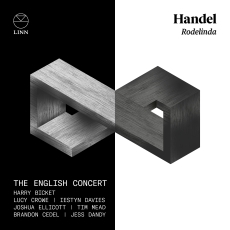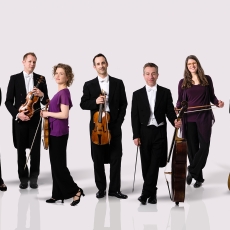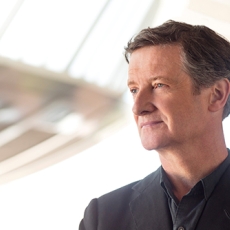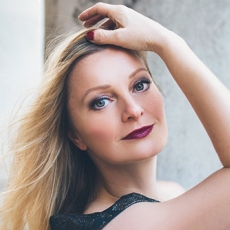The English Concert - Handel: Rodelinda - BBC Music Magazine
Against the odds, director Harry Bicket has gifted us the best-ever recording of Rodelinda. The Covid pandemic having forced Carnegie Hall to cancel a planned concert production, Bicket arranged to record in London instead, with the same musicians, each two metres apart. Many would find it impossible to do justice to Handel’s score while keeping socially distanced: blend, ensemble, precision and spontaneous reactions all require proximity. But in extremis this company discovered superpowers within.
Bicket’s artistic integrity makes his the definitive Rodelinda. His subtlety pays off especially in slow movements, which are more suspenseful and ravishing than in any previous recording. For instance, the famous arias ‘Dove sei’, ‘Ombre, piante’ and ‘Ho perduto il caro sposo’ each include dramatic pauses which Bicket turns into riveting musical climaxes. He holds the silence so long that when Handel’s luminous melody finally floods in, it feels like a balm to a wound. This and many other of Bicket’s artistic decisions – such as thickening continuo on repeats, or foregrounding a solo instrument’s timbres – vividly render Handel’s colourful score.
Amidst a cast of stars, Lucy Crowe presides in the title role. Vocally and dramatically, she surpasses herself in making her music tell of Rodelinda’s ascendancy. She reveals the Lombard queen’s strength gradually, illuminating arias in which Rodelinda shows menfolk the courage they ought to have. Crowe’s laments alone make this a must-have recording, but her steely bravura is equally gobsmacking. In her aria ‘Spietati, io vi giurai’, her voice gyrates and vaults at will; returning to the A-section to protest against ‘heartless men’, Crowe bounds effortlessly up to a top C sharp in a thrilling mix of force and grace.
Iestyn Davies turns to advantage the brooding nature of Rodelinda’s husband Bertarido, beloved but believed dead. Davies matches Crowe’s gossamer beauty in laments, and like Crowe adjusts his vocal qualities to dramatise his character’s development. Davies’s dark hues and jaw-dropping additions in his Act 3 finale ‘Vivi, tiranno’ are, technically and affectively, a coup de théâtre. As Grimoaldo, the would-be rival for Rodelinda’s love, Joshua Ellicott textures his part just as finely. After machismo numbers, Ellicott brings to ‘Prigioniera ho l’alma in pena’ a fragility that affectingly reveals how Rodelinda’s rejection has broken his heart.
The vocal and dramatic boldness of even the non-principal singers is novel. Handel’s writing here is unusually difficult for the more minor parts and has never been handled with such virtuosity. As Bertarido’s ally Unulfo, countertenor Tim Mead applies more vocal muscle as his character’s determination grows. To the villain Garibaldo, bass Brandon Cedel brings a menacing precision, crisply dispatching his large chunks of recitative arioso and two swift arias. As the jilted Eduige, contralto Jess Dandy gives her bottom register a savage edge, and her runs explosive energy.
The palm, however, goes to The English Concert. Even had the band not been widely spaced, their nuance would be heard as extraordinary. This is how Handel should be played.




